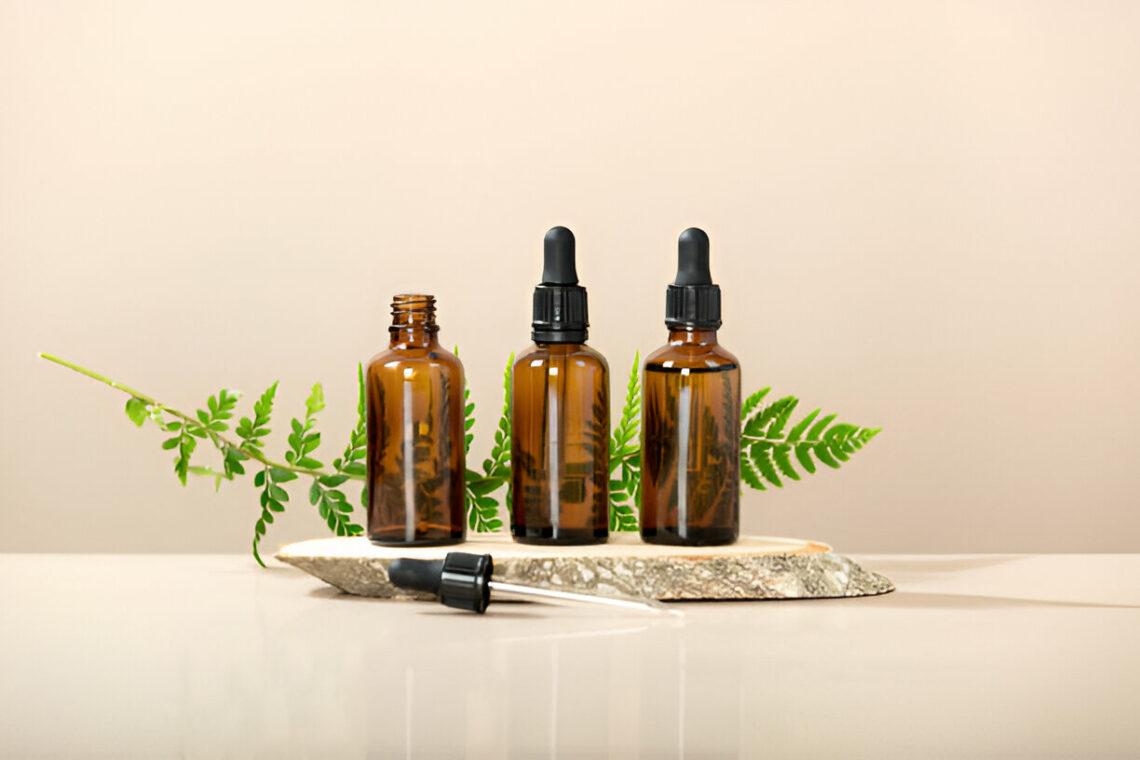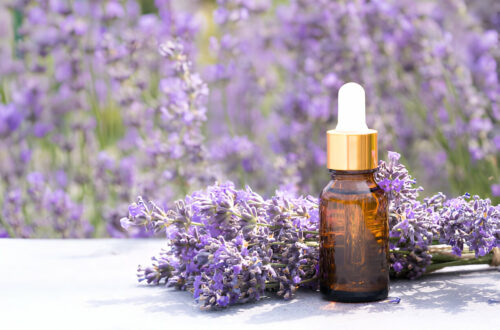Natural oils like coconut oil, shea butter, and olive oil have been used for skin and hair care for centuries. They are praised for their moisturizing, protective, and antibacterial qualities. For similar benefits, you might also consider using argan oil for face.
Even with the growth of modern cosmetics and wellness products, these simple oils were often overlooked. However, they have become popular again in the past decade as people look for natural, affordable, and effective products without additives.

Oils that are good for the skin, such as coconut oil, can moisturize dry skin and help delay signs of aging. Oils are different from lotions, and you might find that some oils improve how your skin looks and feels.
This article explains how certain oils can benefit your skin and how to use them in your skincare and moisturizing routine.
Rajani Katta, MD, a dermatologist and clinical faculty member at Baylor College of Medicine and McGovern Medical School, explains that natural oils like coconut oil, olive oil, and sunflower seed oil rarely cause allergic reactions based on centuries of use.
She adds that natural oils have become popular again because people are looking for moisturizers that A) don’t cause allergies, B) contain fewer chemicals that can trigger allergies, and C) are affordable.
Dr. Katta advises that you should choose skincare products that match your skin type, especially for your face. For example, if you have acne-prone skin, she suggests using natural oils only on your body and consulting with your dermatologist before applying any new oils to your face. Your skin type—whether dry, oily, combination, or sensitive—can greatly influence how skincare products affect your skin.
Another thing to consider before using natural oils is how soon you’ll be in the sun after applying them. “If you’re using them on your face, be very careful,” Katta advises. “Oils can intensify the effects of sun exposure on facial skin.”
To avoid sun damage, you can apply oils differently at different times of the day. In the morning, use a thin layer that should absorb within about 15 minutes. At night, when you’re not exposed to the sun, you can apply the oil more generously. If your skin isn’t absorbing the oil, you’ve probably used too much.
Figuring out the right amount of oil for your needs may take some trial and error. There’s no specific research on how much oil to use as a moisturizer, but your skin will let you know if you’ve used too much. If it feels too greasy, that means not all of the oil has been absorbed.
Many people have olive oil, coconut oil, or sunflower seed oil in their kitchen. But can these cooking oils be used on your face?
Not always, according to Katta. For example, while you can use coconut oil for both cooking and beauty, you might need different types for each use. The coconut oil used for cooking is usually refined and has a higher smoke point, making it better for cooking at high temperatures. However, refining can remove some beneficial chemicals. Katta recommends using extra-virgin, cold-pressed, organic, unrefined oils for skincare and haircare instead of more refined products.
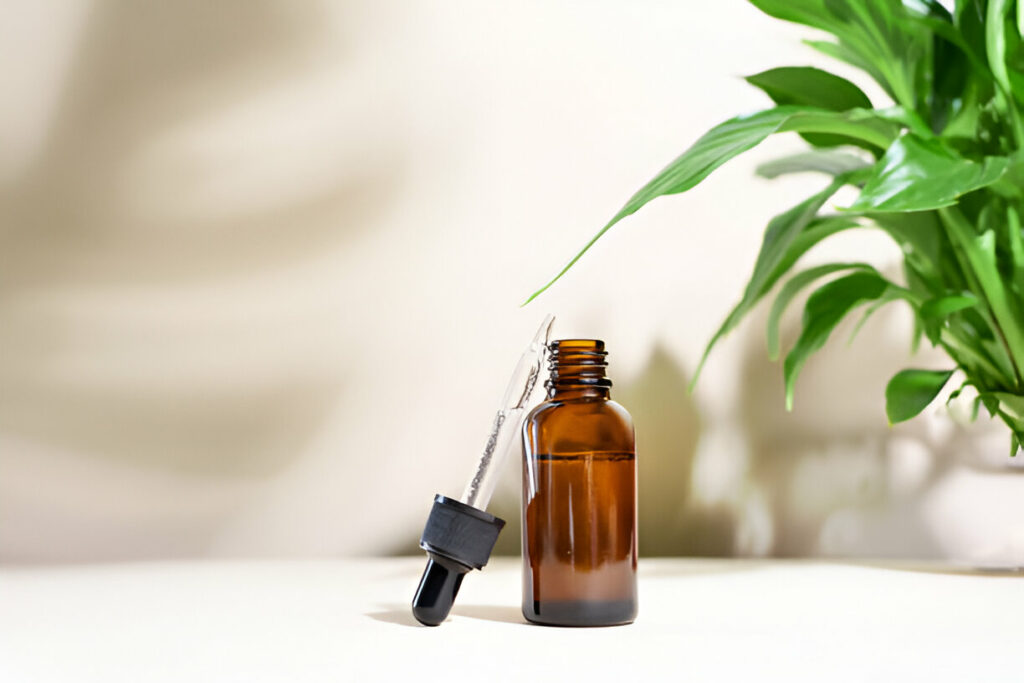
How to Use Essential Oils for Beauty
Essential oils are concentrated plant extracts made through pressing or distillation. They keep the natural scent and flavor of the plant.
Oils like tea tree, argan, and lemon are more likely to cause allergic reactions than olive or coconut oil, according to Katta. “Tea tree oil is known for its antibacterial and antifungal properties, but it must be used very carefully,” Katta advises.
Before using any oils on your skin, it’s important to get advice from your doctor. To help you get started, here are some popular natural oils:
1. Coconut Oil
Research shows that coconut oil has antibacterial, antioxidant, and wound-healing properties. It can also reduce inflammation and improve the skin’s barrier. Coconut oil absorbs easily into the skin and offers health benefits from vitamins E and K, as well as its antifungal and antibacterial properties. However, it can cause breakouts, especially for those with oily or acne-prone skin. “Coconut oil is generally good for most people, but if you have oily, acne-prone skin, avoid using it on your face,” says Katta.
For the best results, choose cold-pressed, unrefined coconut oil for skin care.
2. Olive Oil
Studies on animals and humans suggest that olive oil may help with inflammation, provide antioxidants, and promote wound healing when applied to the skin. It might also have anti-aging effects. Olive oil usually doesn’t cause allergic reactions, and for the best results, choose extra-virgin olive oil. It contains vitamins A, D, E, and K and has some scientific backing as a moisturizer.
However, olive oil for skin care may not be ideal for people with acne-prone skin. Oils like sunflower oil, safflower oil, and jojoba oil are better options for acne-prone skin because they don’t clog pores.
3. Sunflower Seed Oil
Sunflower seed oil may help improve skin hydration and repair the skin barrier. It also has anti-inflammatory effects and might aid in wound healing. Rich in vitamin E, sunflower seed oil absorbs easily into the skin, making it a great natural moisturizer. For similar benefits, you might also consider using castor oil for skin care. A study found that sunflower seed oil better protected the skin barrier in infants and was less likely to cause or worsen atopic dermatitis (a type of eczema) compared to olive oil.
4. Shea Butter
Shea butter comes from the nut of the shea tree, which grows in Africa. It is often used as a moisturizer, especially for people with sensitive skin. Some small studies have shown that shea butter can help improve symptoms in people with eczema or dermatitis. It’s also been found to be effective for those with sensitivity to other skin care products.
However, many studies are small or funded by companies that make shea butter, which might affect the results. Shea butter is solid but melts at body temperature, making it easy to use as a moisturizer or hair product. Most people don’t have allergic reactions to it. You can also mix unrefined, organic shea butter with olive oil or coconut oil to make it easier to apply.
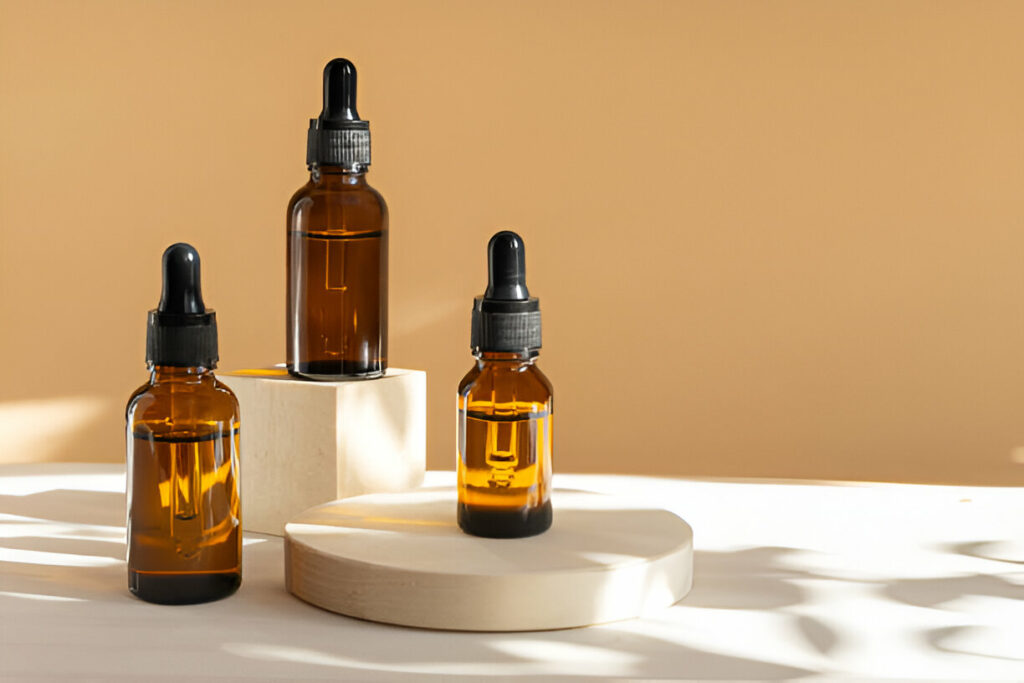
5. Jojoba Oil
Jojoba oil, which comes from the seeds of the jojoba plant native to Mexico and the American Southwest, has been used for centuries by Native American tribes. It is less likely to cause allergic reactions compared to other oils. Research suggests that jojoba oil for face can help repair the skin barrier and has anti-inflammatory, antioxidant, and wound-healing properties. It may also improve the absorption of other skin treatments and has potential anti-bacterial effects that could help with acne. When used with acne treatments like benzoyl peroxide, it may reduce dryness and irritation.
6. Almond Oil
Research suggests that applying almond oil to the skin might help with anti-aging and repair the skin barrier. Almond oil, made from pressed raw almonds, is rich in vitamin E, zinc, proteins, and potassium. It has a lighter texture than olive oil and shea butter, making it popular for facial use. However, Katta warns that sweet almond oil can cause allergic reactions, so it’s best to avoid it if you have sensitive skin.
7. Grapeseed Oil
Studies suggest that grapeseed oil has antibacterial, antioxidant, and wound-healing properties. It might also help with inflammation and aging. Packed with vitamin E and essential fatty acids, grapeseed oil is lighter than other natural oils. It offers antioxidant, antimicrobial, and anti-inflammatory benefits. Katta notes that grapeseed oil isn’t used as much for skin care compared to other oils, but she’s hopeful about its potential.
8. Rose Hip Seed Oil
Rosehip seed oil may help repair the skin barrier and fight signs of aging. It also has anti-inflammatory and antioxidant properties. Extracted from the seeds of wild rose bushes, rosehip oil for face is becoming popular in facial skincare for its moisturizing and anti-aging benefits.
Research shows that the essential fatty acids and antioxidants in rosehip seed oil, including provitamin A, offer strong protection against inflammation and oxidative damage. It has also shown promise in treating inflammatory skin conditions like eczema.
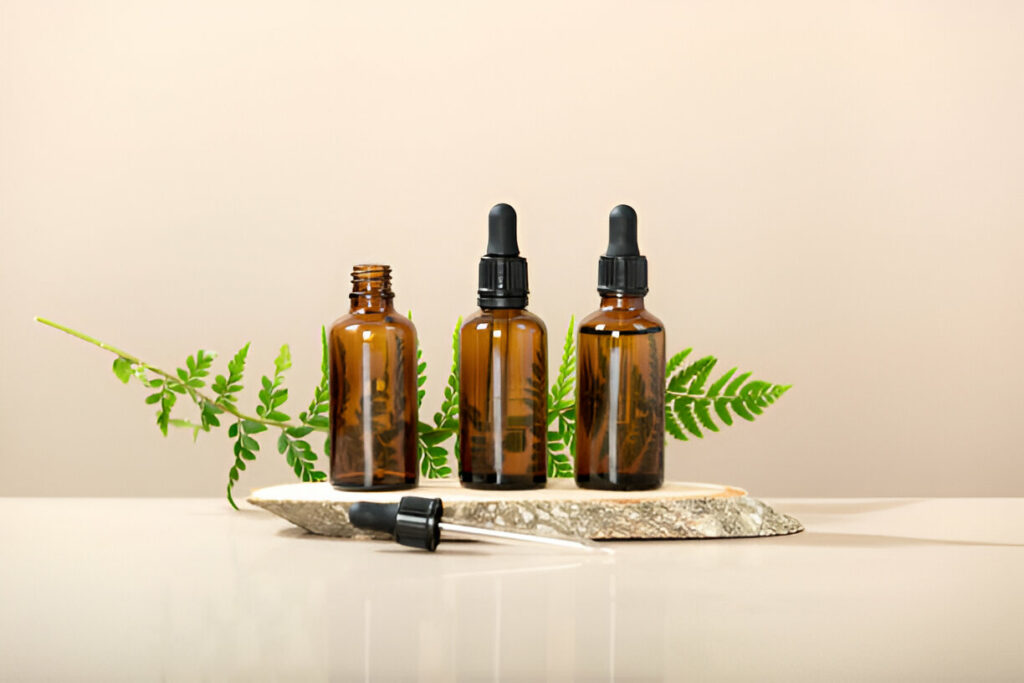
Cosmetic and skincare companies often use natural oils in their products because they are generally gentler on the skin compared to synthetic ingredients. You can find natural oils in many types of products, such as cleansers, moisturizers, face masks, soaps, face oils, and serums.
While oils like coconut oil can be applied directly to the skin, be cautious with facial application, especially if you have oily or acne-prone skin.
Remember, natural oils are different from essential oils. Essential oils are very strong and should be diluted with a carrier oil to avoid irritation. Always do a patch test before using any new product to check for allergic reactions. Learn more details OhioState Health & Discovery
Best Way to Apply Oils
Most studies focus on the effects of applying oils directly to the skin. However, using oils in soaps and moisturizers is also effective, especially if you prefer not to apply unrefined oil directly.
